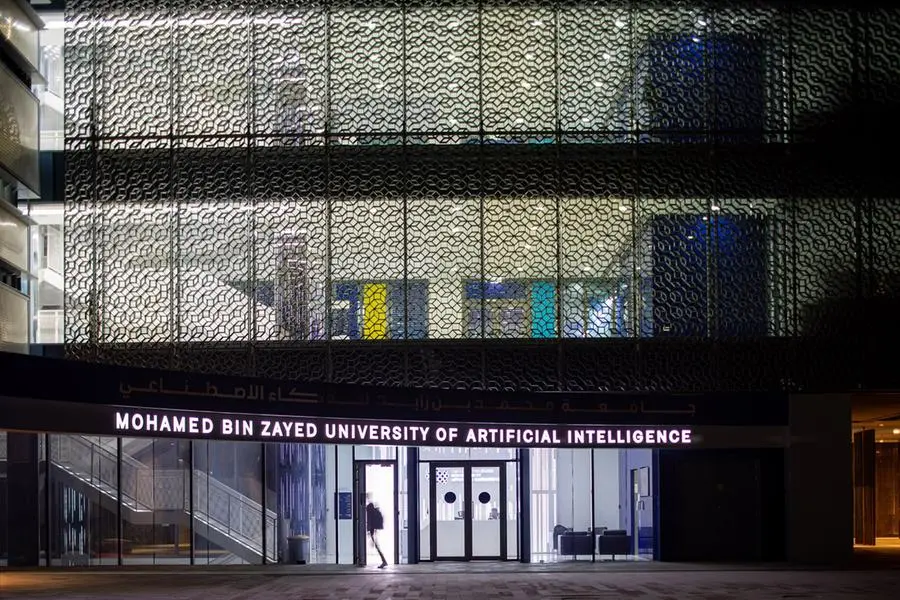PHOTO
ABU DHABI - Mohamed bin Zayed University of Artificial Intelligence (MBZUAI) is continuing to increase the breadth and pace of publication of ground-breaking research in artificial intelligence (AI).
Between January and June 2024, the MBZUAI community—made up of more than 80 world-class faculty, 200-plus researchers, and hundreds of students—published more than 300 papers at top-tier AI venues. This included 39 papers at the International Conference on Learning Representations 2024 (ICLR) held in May.
This follows last year's success of 612 published papers at top-tier venues in 2023. Highlights included delivering 30 papers at the International Conference on Computer Vision, 34 papers at the IEEE / CVF Computer Vision and Pattern Recognition Conference, 44 papers at Empirical Methods in Natural Language Processing, and 53 papers at the Conference on Neural Information Processing Systems.
Five years since its inception, MBZUAI is now recognised as one of the world's top 100 universities across all of computer science, and is ranked in the top 20 globally across AI, computer vision, machine learning, natural language processing (NLP), and robotics (CSRankings).
Five stand-out research papers published by MBZUAI in the past six months are: Tackling misuse of LLM-generated text; Improving gene-sequencing analysis to manage diseases; New algorithm to enhance complex machine learning tasks; First-of-its-kind large multimodal model (LMM) for detailed visual understanding and New method to boost efficiency of AI vision transformers.
The first paper a team of MBZUAI researchers, working with international collaborators, developed a series of resources for identifying text created by large language models (LLMs), which could have a profound impact in fields such as journalism, academia, and education.
The second paper included MBZUAI Professor of Machine Learning, Acting Chair of Machine Learning, and Director of Centre for Integrative Artificial Intelligence (CIAI), Professor Kun Zhang, collaborating with his Ph.D. student Gongxu Luo and researchers from major American universities to create a model that enhances the accuracy and analysis of gene-sequencing processes.
Their breakthrough research could help to improve understanding of diseases such as cancers, and potentially improve treatments and outcomes.
The third paper aimed to develop an algorithm that promises to enhance the training efficiency of models that rely on "hard-thresholding", as commonly used in statistics and data science. It proposed a new approach that reduces errors in model training by managing variance better, leading to faster and more reliable results. Tests on financial portfolios and cybersecurity challenges show the algorithm's promise.
The fourth included researchers from MBZUAI leading a global team in developing an advanced vision language model called Grounding Large Multimodal Model (GLaMM), which supports higher-fidelity interaction between text and images. It is capable of generating natural language responses related to objects in an image at the pixel-level, offering enhanced automated image captioning, reasoning, and the ability to switch objects in images.
The last paper saw Dr. Xiaodan Liang and Professor Xiaojun Chang, both MBZUAI professors from the Computer Vision Department, teaming up with international collaborators to develop a new technique that can make vision transformers, a core component of most modern models for image and video analysis, more efficient.




















